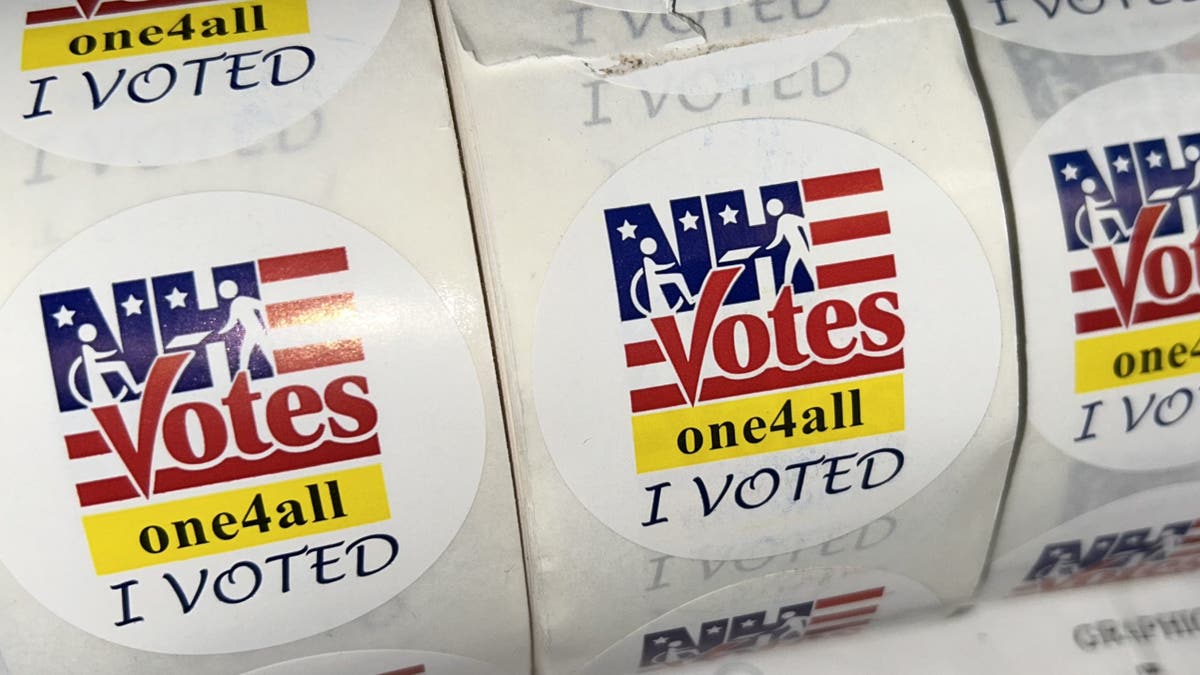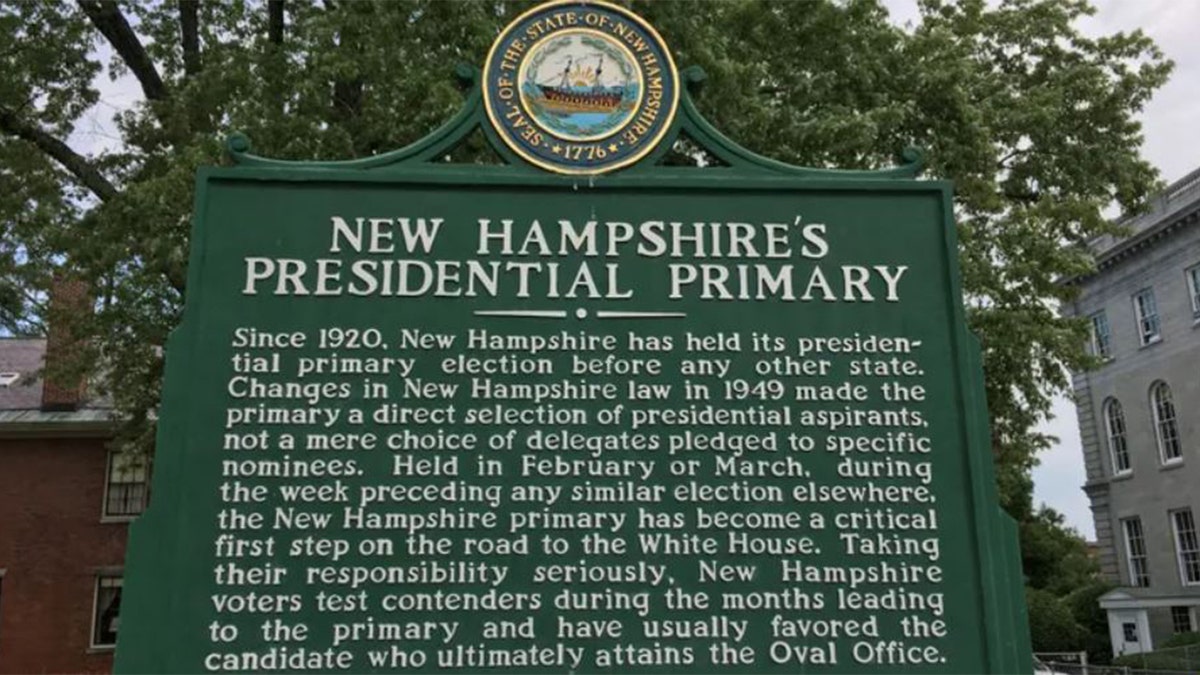New Hampshire legislators are considering a bill to allocate the state's presidential electors based on congressional district results, similar to Maine and Nebraska. Senate Bill 11, championed by Republican Senator Bill Gannon, proposes awarding one elector to the victor of each of the state's two congressional districts, with the remaining two electors going to the statewide popular vote winner. This system aims to enhance voter representation and impact within the presidential election process.

Senator Gannon emphasized the importance of maintaining New Hampshire's 'First-in-the-nation' primary status and ensuring that every vote holds weight. He countered criticism from Democratic Senate Minority Leader Rebecca Perkins Kwoka, who argued that the bill is a partisan maneuver and that the state's legislative maps are already gerrymandered. Gannon pointed out that such a system could benefit either party, citing the 2000 and 2016 presidential elections as examples.

Democratic Senator Debra Altschiller voiced opposition to the bill, suggesting that if New Hampshire truly wanted to emulate Maine, it should focus on progressive policies like universal free lunch and stricter gun control, rather than electoral reform.

Recent elections in Maine and Nebraska illustrate the potential impact of this system. Maine has consistently awarded three of its four electors to the Democratic candidate, while Nebraska, traditionally Republican, has seen the Democratic candidate secure one electoral vote in recent cycles. Given the Republican supermajority in both the New Hampshire Senate and House, the bill is expected to advance through the legislature.
Comments(0)
Top Comments